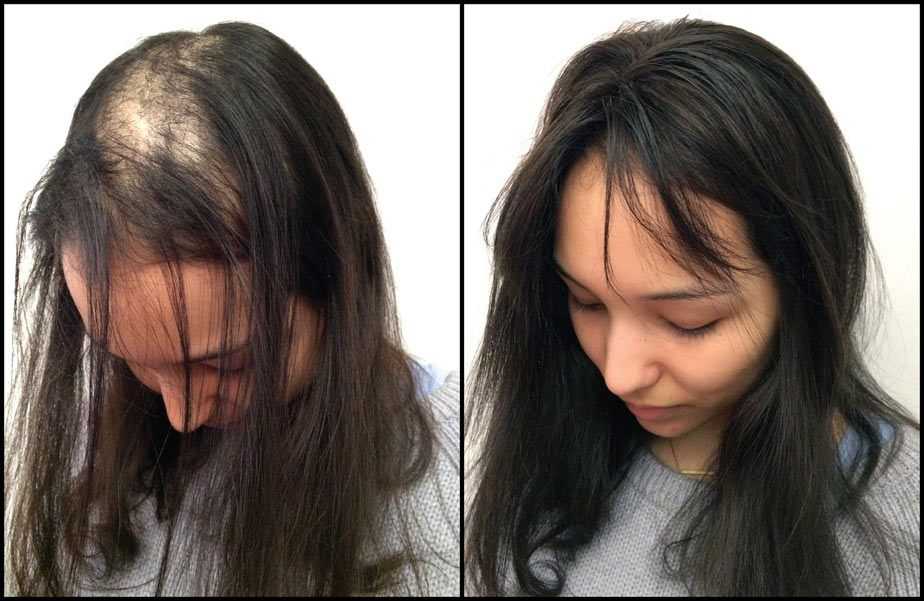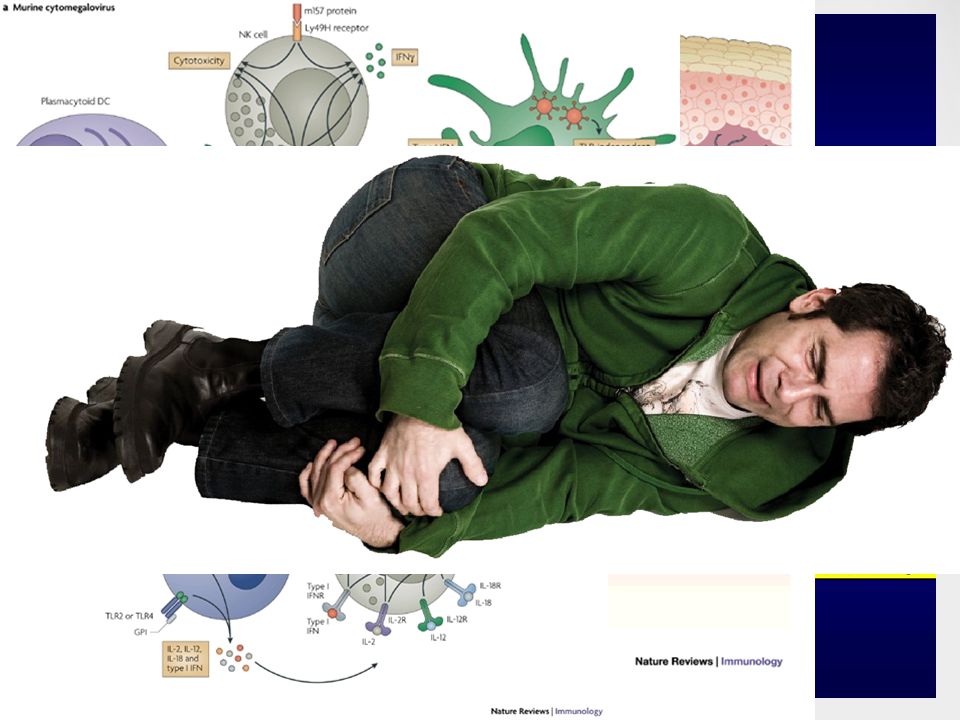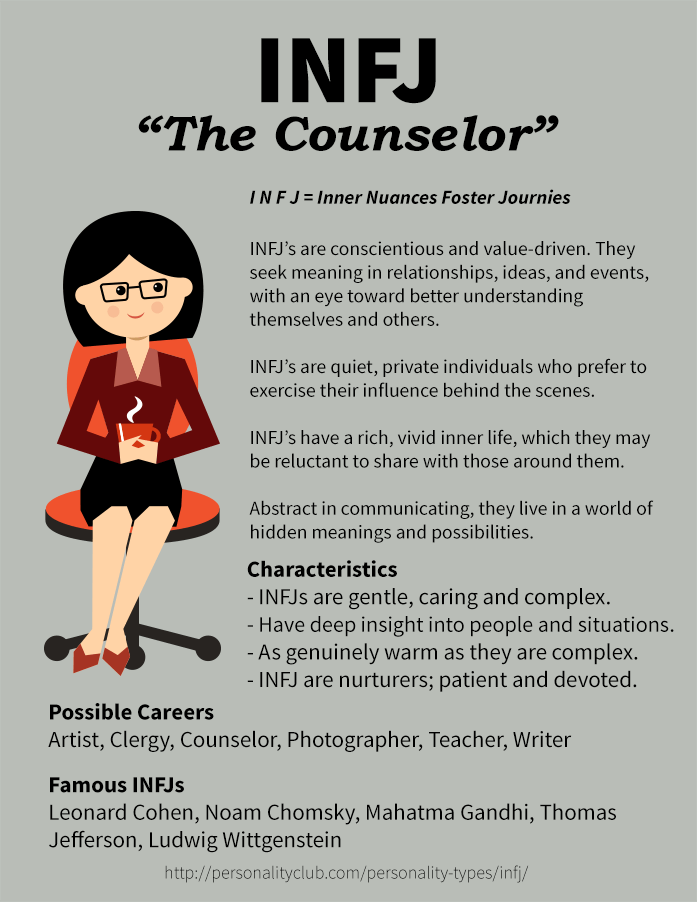Antidepressants hair loss
Which Antidepressant Causes the Most Hair Loss?
- Do antidepressants cause hair loss?
- Is hair loss from antidepressants permanent?
- What to know about antidepressants
- When to see a healthcare provider
If you have any medical questions or concerns, please talk to your healthcare provider. The articles on Health Guide are underpinned by peer-reviewed research and information drawn from medical societies and governmental agencies. However, they are not a substitute for professional medical advice, diagnosis, or treatment.
The millions of Americans who take antidepressants are probably familiar with common side effects like weight gain and sexual dysfunction. But you may not be aware that some antidepressants also cause hair loss.
Although hair loss is a distressing symptom, these concerns should be balanced against one another. Learning about antidepressants and hair loss may help you make informed choices regarding navigating depression treatment options.
Treatments start at $20/month
Find a hair loss plan that works for you.
Learn more
As the name implies, antidepressants are medications used to treat depression. Side effects linked to these drugs include insomnia, nausea, and dizziness, but hair loss (alopecia) is a rare reaction.
Research on long-term antidepressant use found the following to be the most commonly reported adverse effects (Cartwright, 2016):
- Sexual difficulties
- Weight gain
- Emotional numbness
- Failure to orgasm
As you can see, hair loss did not make the list. However, a research review comparing hair loss among various antidepressants found people taking bupropion (brand name Wellbutrin; see Important Safety Information) had a higher risk of hair loss compared to others like selective serotonin reuptake inhibitors (SSRIs) and serotonin and norepinephrine reuptake inhibitors (SNRIs) (Etminan, 2018).
Other antidepressants had a lower risk of hair loss with fluoxetine (brand name Prozac; see Important Safety Information) and paroxetine (brand name Paxil, Brisdelle; see Important Safety Information) showing the lowest risk.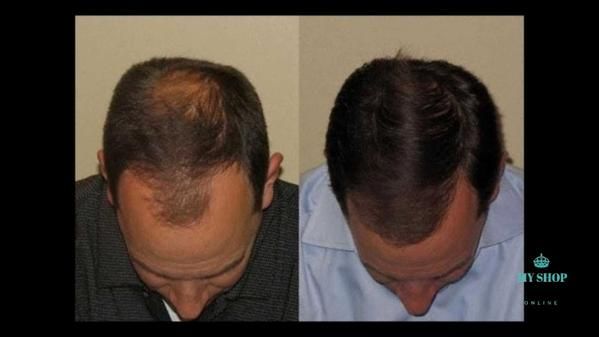 Among the typical antidepressants, fluvoxamine (brand name Luvox) had the highest risk, but not as high as bupropion (Etminan, 2018).
Among the typical antidepressants, fluvoxamine (brand name Luvox) had the highest risk, but not as high as bupropion (Etminan, 2018).
Antidepressants can cause telogen effluvium, a type of temporary hair loss triggered by things like stress and medication. Telogen effluvium occurs when hair follicles in the resting phase fall out too early.
Normally, around 85% of a person’s hair follicles are in the actively growing (anagen) phase. The remaining 15% are resting hairs in what’s called the telogen phase. But if you experience telogen effluvium, those roles reverse; this launches up to 70% of hairs into the telogen phase, which is when new hairs push out the resting ones (Hughes, 2021).
The good news is that telogen effluvium usually occurs without any scarring and is typically reversible.
SSRIs: everything you need to know
Antidepressant medications Last updated: May 17, 2021 9 min read
Of the major classes of antidepressants, SSRIs and SNRIs are the first-line treatment. SSRIs alleviate symptoms by blocking the reabsorption of serotonin in the brain. SNRIs block the reabsorption of serotonin and norepinephrine.
SSRIs alleviate symptoms by blocking the reabsorption of serotonin in the brain. SNRIs block the reabsorption of serotonin and norepinephrine.
Examples of SSRIs include:
- Sertraline (brand name Zoloft; see Important Safety Information)
- Paroxetine
- Fluoxetine
- Escitalopram (brand name Lexapro; see Important Safety Information)
- Fluvoxamine
- Vilazodone (brand name Viibryd)
- Citalopram (brand name Celexa)
Examples of SNRIs include:
- Duloxetine (brand name Cymbalta; see Important Safety Information)
- Venlafaxine (brand name Effexor; see Important Safety Information)
- Levomilnacipran (brand name Fetzima)
- Desvenlafaxine (brand name Pristiq)
- Milnacipran (brand name Savella)
Other types of medications include monoamine oxidase inhibitors, tricyclic antidepressants, and atypical antidepressants like bupropion.
Before starting a new antidepressant, it’s helpful to have a list of questions prepared.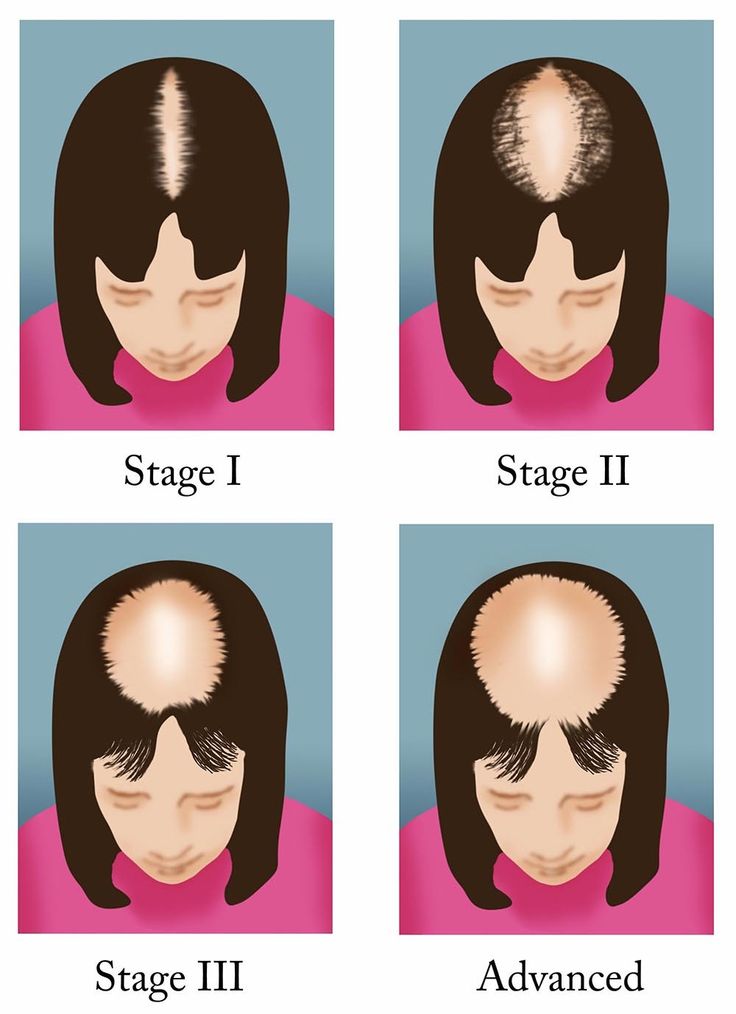 As it relates to hair loss, you might want to ask a healthcare professional questions like:
As it relates to hair loss, you might want to ask a healthcare professional questions like:
- What side effects could the new medication have?
- Will the new medication impact hair growth?
- If so, is there an alternative drug that doesn’t cause hair loss?
If you’re taking antidepressant medication and notice signs of hair loss or thinning, it’s just as important to talk with your provider—don’t just stop taking these drugs on your own. There are countless reasons for hair loss (like genetics, diet, illness, and stress) so it’s important to differentiate drug-induced telogen effluvium from other issues.
Your provider may reduce or eliminate the drug for several months to see how your hair responds. The caveat here is that this should always be done gradually as opposed to cold turkey. Abruptly stopping these medications can lead to what’s called antidepressant discontinuation syndrome—a temporary flu-like withdrawal reaction to ending a medication (Warner, 2006).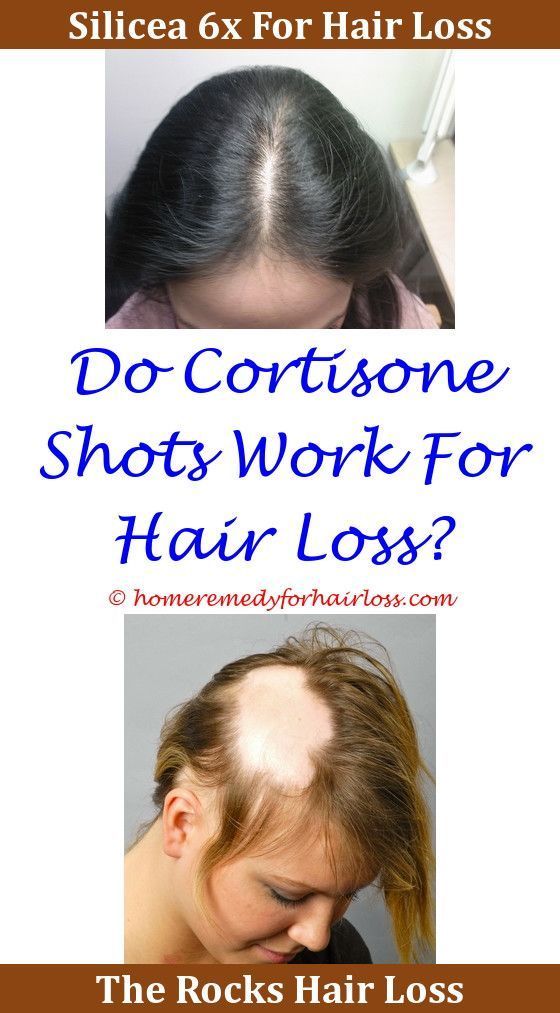
Antidepressants: types, side effects, uses, and risks
Antidepressant medications Last updated: May 26, 2021 10 min read
Once people stop taking the drug, they’ll typically see hair regrowth within six months. At this point (or maybe even sooner), your healthcare provider will better understand your hair growth patterns and if additional treatment is necessary.
Research shows that more than 60% of Americans taking antidepressants have been on them for two or more years. Roughly 14% have used the medication for at least 10 years (Pratt, 2011). Judging by this information, it seems safe to say that these medications are here to stay, so it’s important to understand all side effects.
The good news is that if loss of hair occurs, it usually only lasts a few months and is reversible. You can work with your healthcare provider to find an alternative medication or explore other solutions for treating and managing hair loss from antidepressant use.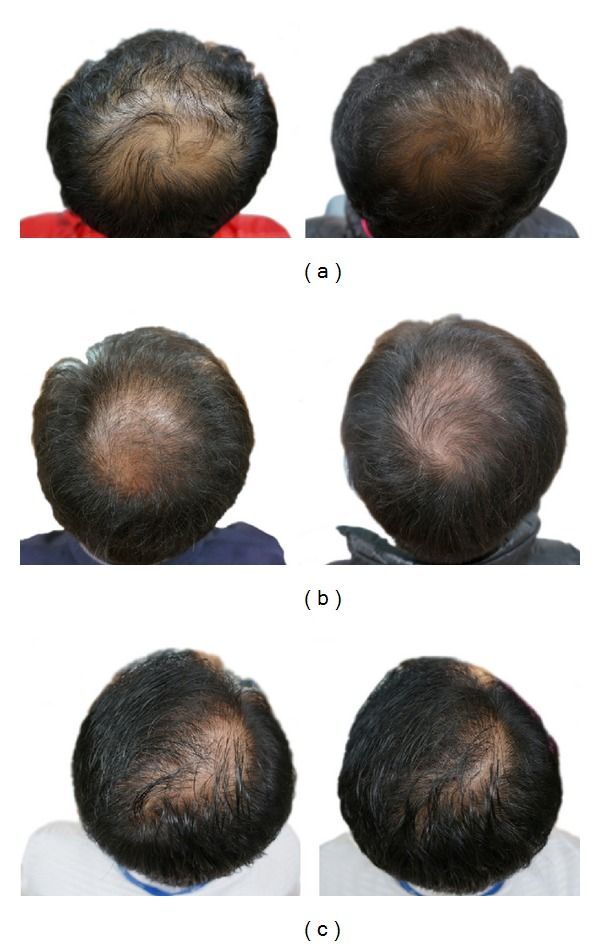
- Cartwright, C., Gibson, K., Read, J., et al. (2016). Long-term antidepressant use: patient perspectives of benefits and adverse effects. Patient Preference and Adherence, 10, 1401–1407. Retrieved from https://www.ncbi.nlm.nih.gov/pmc/articles/PMC4970636/
- Etminan, M., Sodhi, M., Procyshyn, R. M., et al. (2018). Risk of hair loss with different antidepressants: a comparative retrospective cohort study. International Clinical Psychopharmacology, 33(1), 44–48. Retrieved from https://pubmed.ncbi.nlm.nih.gov/28763345/
- Hughes, E. C. & Saleh, D. (2021). Telogen effluvium. StatPearls. Retrieved April 1, 2022 from https://www.ncbi.nlm.nih.gov/books/NBK430848/
- Pratt, L. A., Brody, D. J., & Gu, Q. (2011). Antidepressant use in persons aged 12 and over: United States, 2005–2008. NCHS Data Brief, 76. Retrieved from https://www.cdc.gov/nchs/products/databriefs/db76.htm
- Warner, C. H., Bobo, W., Warner, C., et al.
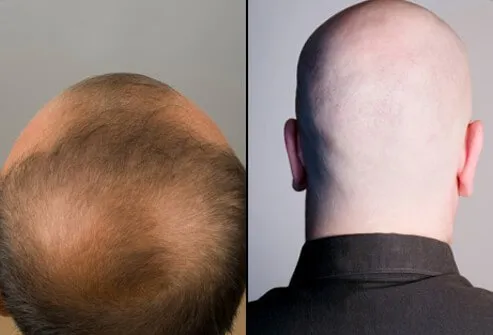 (2006). Antidepressant Discontinuation Syndrome. American Family Physician, 74(3), 449–456. Retrieved from https://www.aafp.org/pubs/afp/issues/2006/0801/p449.html
(2006). Antidepressant Discontinuation Syndrome. American Family Physician, 74(3), 449–456. Retrieved from https://www.aafp.org/pubs/afp/issues/2006/0801/p449.html
Risk of hair loss with different antidepressants: a comparative retrospective cohort study
Comparative Study
. 2018 Jan;33(1):44-48.
doi: 10.1097/YIC.0000000000000191.
Mahyar Etminan 1 , Mohit Sodhi 2 , Ric M Procyshyn 3 , Michael Guo 1 , Bruce C Carleton 4 5 6
Affiliations
Affiliations
- 1 Departments of Ophthalmology and Visual Sciences.
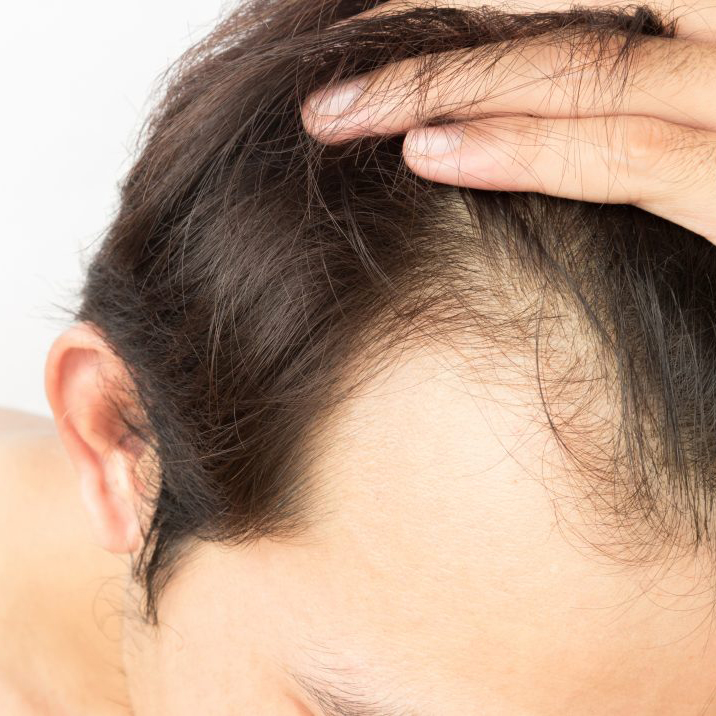
- 2 Psychology.
- 3 Psychiatry.
- 4 Pediatrics, Division of Translational Therapeutics, Faculty of Medicine.
- 5 British Columbia Children's Hospital Research Institute, University of British Columbia.
- 6 Pharmaceutical Outcomes Programme, British Columbia Children's Hospital, Vancouver, British Columbia, Canada.
- PMID: 28763345
- DOI: 10.1097/YIC.0000000000000191
Comparative Study
Mahyar Etminan et al. Int Clin Psychopharmacol. 2018 Jan.
Int Clin Psychopharmacol. 2018 Jan.
. 2018 Jan;33(1):44-48.
doi: 10.1097/YIC.0000000000000191.
Authors
Mahyar Etminan 1 , Mohit Sodhi 2 , Ric M Procyshyn 3 , Michael Guo 1 , Bruce C Carleton 4 5 6
Affiliations
- 1 Departments of Ophthalmology and Visual Sciences.
- 2 Psychology.
- 3 Psychiatry.
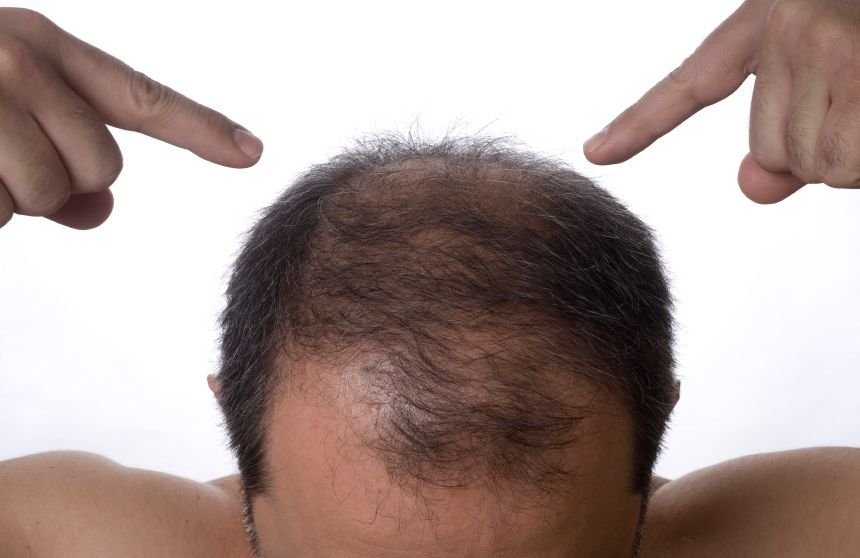
- 4 Pediatrics, Division of Translational Therapeutics, Faculty of Medicine.
- 5 British Columbia Children's Hospital Research Institute, University of British Columbia.
- 6 Pharmaceutical Outcomes Programme, British Columbia Children's Hospital, Vancouver, British Columbia, Canada.
- PMID: 28763345
- DOI: 10.1097/YIC.0000000000000191
Abstract
The aim of this study was to quantify the risk of hair loss with different antidepressants. A retrospective cohort study design using a large health claims database in the USA from 2006 to 2014 was utilized.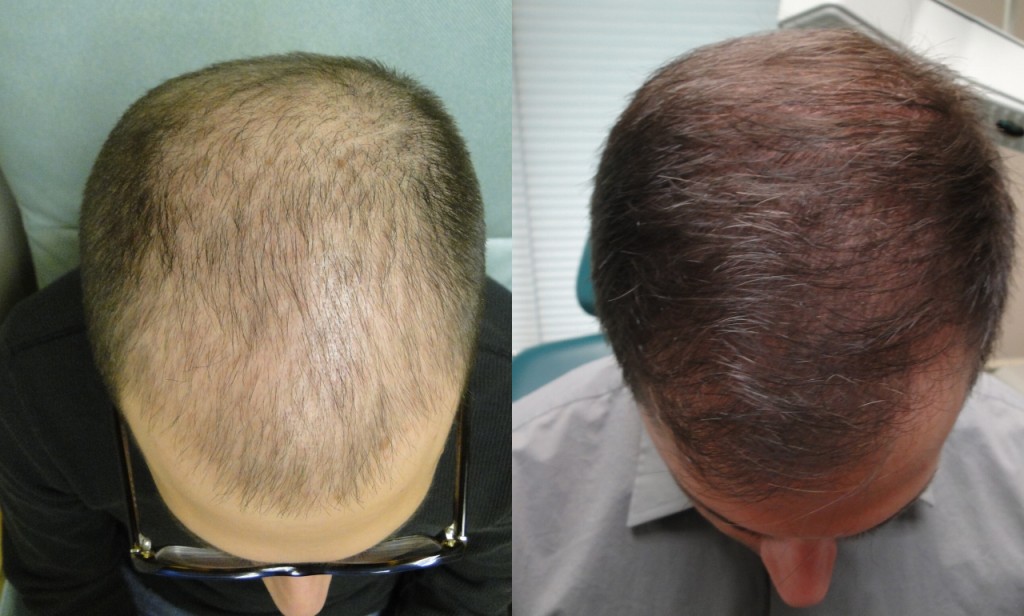 A cohort of new user and mutually exclusive users of fluoxetine, fluvoxamine, sertraline, citalopram, escitalopram, paroxetine, duloxetine, venlafaxine, desvenlafaxine, and bupropion were followed to the first diagnosis of alopecia. The cohort was comprised of 1 025 140 new users of fluoxetine, fluvoxamine, sertraline, citalopram, escitalopram, paroxetine, duloxetine, venlafaxine, desvenlafaxine, and bupropion, with sertraline the most commonly prescribed (N=190 227) and fluvoxamine (N=3010) the least prescribed. Compared with bupropion, all other antidepressants had a lower risk of hair loss, with fluoxetine and paroxetine having the lowest risk [hazard ratio (HR)=0.68, 95% confidence interval (CI): 0.63-0.74, HR=0.68, 95% CI: 0.62-0.74, respectively] and fluvoxamine having the highest risk (HR=0.93, 95% CI: 0.64-1.37). Compared with fluoxetine, bupropion had the highest risk of hair loss (HR=1.46, 95% CI: 1.35-1.58, number needed to harm=242 for 2 years) and paroxetine had the lowest risk (HR=0.
A cohort of new user and mutually exclusive users of fluoxetine, fluvoxamine, sertraline, citalopram, escitalopram, paroxetine, duloxetine, venlafaxine, desvenlafaxine, and bupropion were followed to the first diagnosis of alopecia. The cohort was comprised of 1 025 140 new users of fluoxetine, fluvoxamine, sertraline, citalopram, escitalopram, paroxetine, duloxetine, venlafaxine, desvenlafaxine, and bupropion, with sertraline the most commonly prescribed (N=190 227) and fluvoxamine (N=3010) the least prescribed. Compared with bupropion, all other antidepressants had a lower risk of hair loss, with fluoxetine and paroxetine having the lowest risk [hazard ratio (HR)=0.68, 95% confidence interval (CI): 0.63-0.74, HR=0.68, 95% CI: 0.62-0.74, respectively] and fluvoxamine having the highest risk (HR=0.93, 95% CI: 0.64-1.37). Compared with fluoxetine, bupropion had the highest risk of hair loss (HR=1.46, 95% CI: 1.35-1.58, number needed to harm=242 for 2 years) and paroxetine had the lowest risk (HR=0.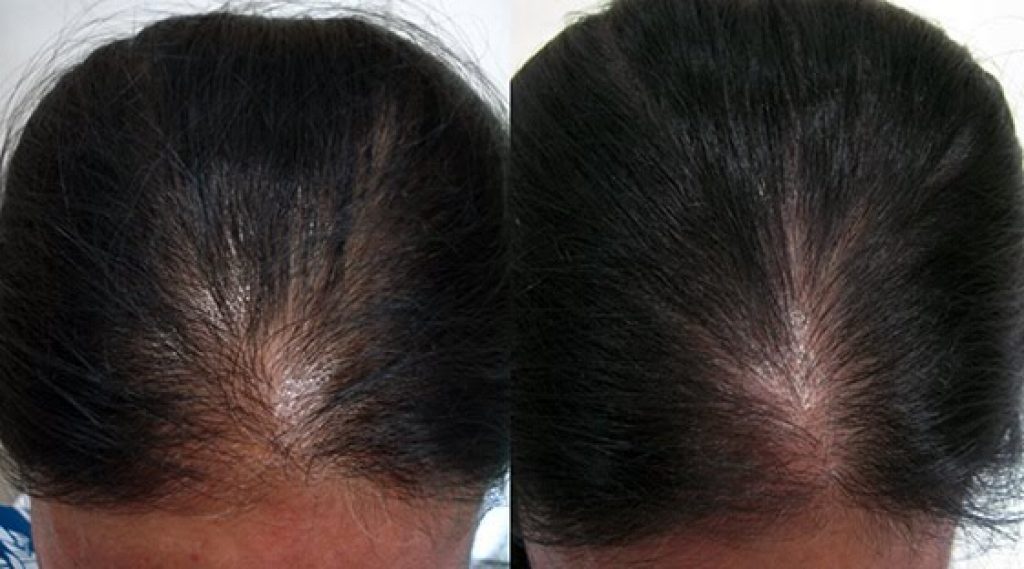 99, 95% CI: 0.90-1.09). The results of this large population-based cohort study suggest an increase in the risk of hair loss with bupropion compared with selective serotonin reuptake inhibitors and selective norepinephrine reuptake inhibitors, whereas paroxetine had the lowest risk.
99, 95% CI: 0.90-1.09). The results of this large population-based cohort study suggest an increase in the risk of hair loss with bupropion compared with selective serotonin reuptake inhibitors and selective norepinephrine reuptake inhibitors, whereas paroxetine had the lowest risk.
Similar articles
-
Association of Antidepressant Use With Drug-Related Extrapyramidal Symptoms: A Pharmacoepidemiological Study.
Guo MY, Etminan M, Procyshyn RM, Kim DD, Samii A, Kezouh A, Carleton BC. Guo MY, et al. J Clin Psychopharmacol. 2018 Aug;38(4):349-356. doi: 10.1097/JCP.0000000000000911. J Clin Psychopharmacol. 2018. PMID: 29901567
-
Comparing newborn outcomes after prenatal exposure to individual antidepressants: A retrospective cohort study.

Marks C, Silvola R, Teal E, Quinney SK, Haas DM. Marks C, et al. Pharmacotherapy. 2021 Nov;41(11):907-914. doi: 10.1002/phar.2628. Epub 2021 Oct 26. Pharmacotherapy. 2021. PMID: 34587291
-
Variation in the risk of suicide attempts and completed suicides by antidepressant agent in adults: a propensity score-adjusted analysis of 9 years' data.
Schneeweiss S, Patrick AR, Solomon DH, Mehta J, Dormuth C, Miller M, Lee JC, Wang PS. Schneeweiss S, et al. Arch Gen Psychiatry. 2010 May;67(5):497-506. doi: 10.1001/archgenpsychiatry.2010.39. Arch Gen Psychiatry. 2010. PMID: 20439831 Free PMC article.
-
Comparative safety of antidepressant agents for children and adolescents regarding suicidal acts.
Schneeweiss S, Patrick AR, Solomon DH, Dormuth CR, Miller M, Mehta J, Lee JC, Wang PS.
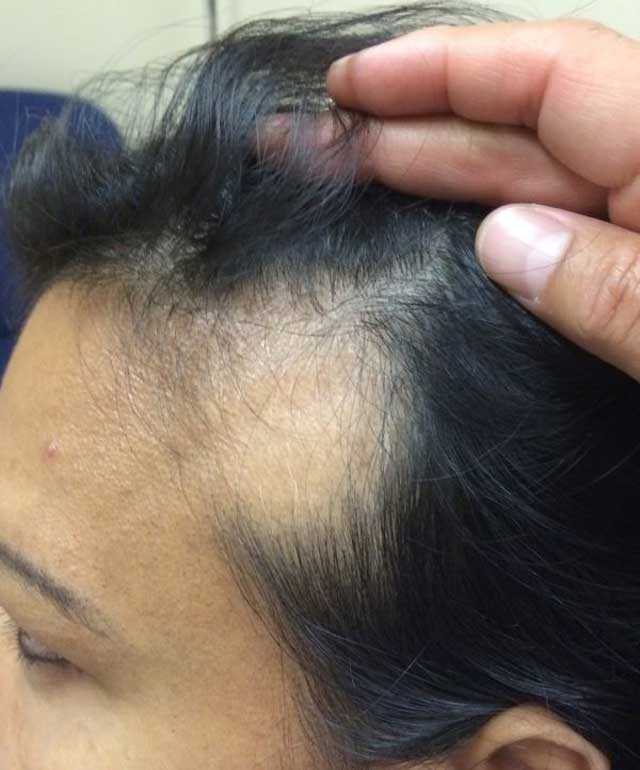 Schneeweiss S, et al. Pediatrics. 2010 May;125(5):876-88. doi: 10.1542/peds.2009-2317. Epub 2010 Apr 12. Pediatrics. 2010. PMID: 20385637 Free PMC article.
Schneeweiss S, et al. Pediatrics. 2010 May;125(5):876-88. doi: 10.1542/peds.2009-2317. Epub 2010 Apr 12. Pediatrics. 2010. PMID: 20385637 Free PMC article. -
Selective serotonin reuptake inhibitors and venlafaxine in pregnancy: Changes in drug disposition.
Westin AA, Brekke M, Molden E, Skogvoll E, Spigset O. Westin AA, et al. PLoS One. 2017 Jul 14;12(7):e0181082. doi: 10.1371/journal.pone.0181082. eCollection 2017. PLoS One. 2017. PMID: 28708853 Free PMC article.
See all similar articles
Publication types
MeSH terms
Substances
Hair Loss Depression - Dr.
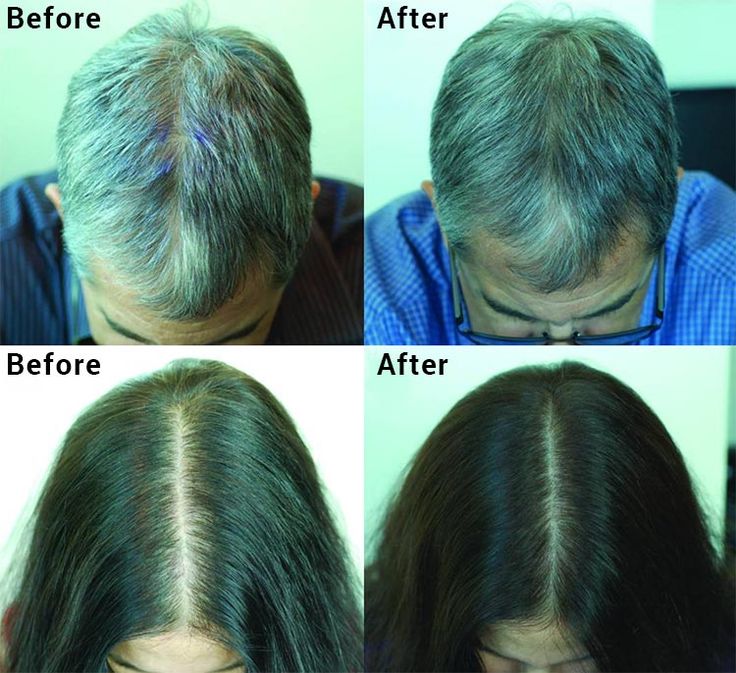 Acar
Acar
The Cosmedica Team
We are an international team committed to providing the best hair transplant services on the market and to informing and educating people around the world about hair loss and its treatments.
Article content
A threat called hair loss
Thinning hair , thinning hair and baldness are very common human scalp problems. These states are associated with hair loss , otherwise known as alopecia. Hair loss is a condition in which excessive hair loss occurs. Hair loss can be observed in men and women, as well as in representatives of different age groups.
For many years, hair loss experts have associated this threat with hormonal problems , symptoms of old age or other physical illnesses. However, there is new evidence that mental health problems can not only cause hair loss, but also be the result of people losing their hair.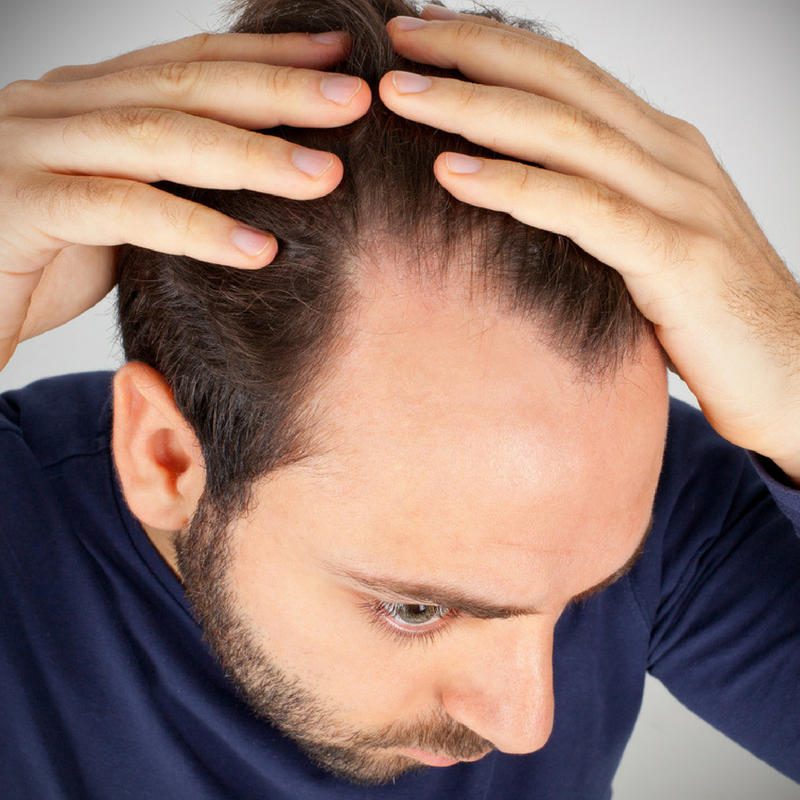
Cosmedica - Dr. Acar , a leading hair clinic, is committed to helping people overcome the symptoms of hair loss and factors such as depression that lead to hair loss . Here are important details about how depression causes hair loss and treatments to follow when treating depression from hair loss.
Common types of hair loss in men and women
Hair loss can have different effects on individuals. This is because different types of hair loss can affect different people. These types of hair loss can be either permanent or temporary.
In general, The American Academy of Dermatology recognizes the following most common types of hair loss.
Alopecia areata: This type of hair loss is most common in young people. Alopecia areata usually causes people with this condition to lose their hair in clumps.
Androgenetic alopecia: This type of hair loss is also called male pattern baldness.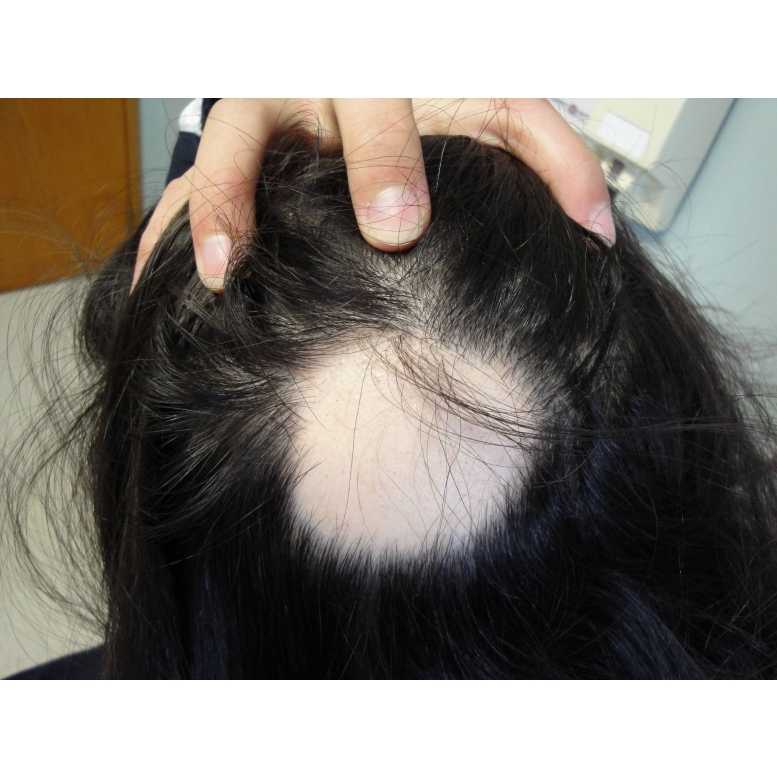 This condition causes the hair to fall out in the middle in an "M" shape.
This condition causes the hair to fall out in the middle in an "M" shape.
Telogen effluvium: Telogen effluvium occurs mainly due to stress and is characterized by large amounts of hair loss. Hair loss in this disease begins at the resting stage of the hair growth cycle.
Trichotillomania: this condition is known as hair-pulling disorder and usually results in a constant and irresistible impulse to pull hair from various parts of the body.
Trichorrhexis nodosa: Unlike other conditions that cause hair to fall off the scalp, trichorrhexis nodosum simply breaks off at weak points.
Relationship between depression and hair loss
Patients with mental illnesses always experience far-reaching consequences from the conditions they suffer from. But more recently, hair loss has been linked to suffering from anxiety and depression. Although there are no direct studies that prove that depression causes hair loss, there are several types of studies that show how depression can cause the conditions that lead to hair loss.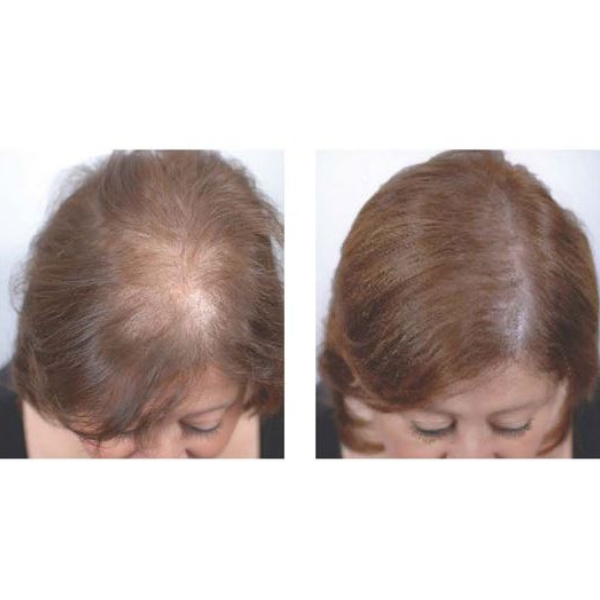
One such condition is stress . With increased levels of stress, the likelihood of thinning hair and hair loss can increase. Hair loss can also be the result of stress associated with childbirth or depression caused by unwanted life events or problems such as death, ill health, or problems at work.
Chronic use of birth control pills can also lead to some level of depression. This, in turn, leads to hormonal imbalance - a strong factor responsible for hair loss. Similarly, people who use antidepressants usually experience hair loss as a side effect of taking them.
Hair loss depression treatment
If you are suffering from depression associated with hair loss it is important to take steps to restore healthy hair. One of the best methods is to take care of the health issues that usually lead to depression.
If the hair does not grow back, a hair transplant can be considered.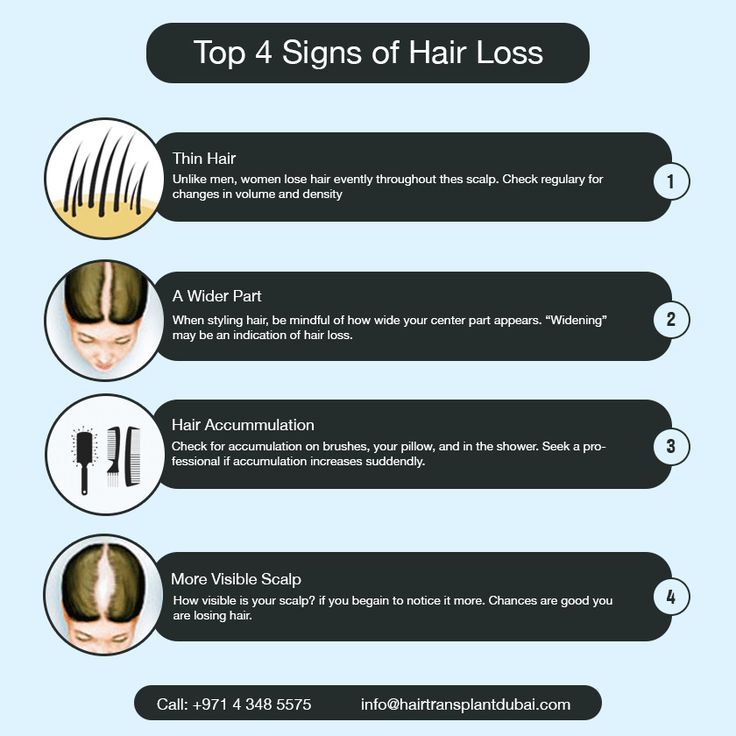 Hair transplantation involves taking hair from a donor area of the body and transplanting it to areas of the scalp where the hair has fallen out.
Hair transplantation involves taking hair from a donor area of the body and transplanting it to areas of the scalp where the hair has fallen out.
Hair transplant is a common procedure at Cosmedica and is recommended as a permanent solution to hair loss, especially caused by depression or hereditary factors.
Final Thoughts on Depression in Hair Loss
Although there are several drug treatments for hair loss depression , not all forms of treatment are appropriate due to side effects. That's why you need a specialist to help you get through recovery. Fortunately, Cosmedica does just that. Contact us today to access high quality treatments that will improve your health growth.
Do you have any questions?
If you have any questions about hair transplant in Turkey , Dr. Levent Acar and his team will be happy to help you. Get a free, no-obligation hair consultation today.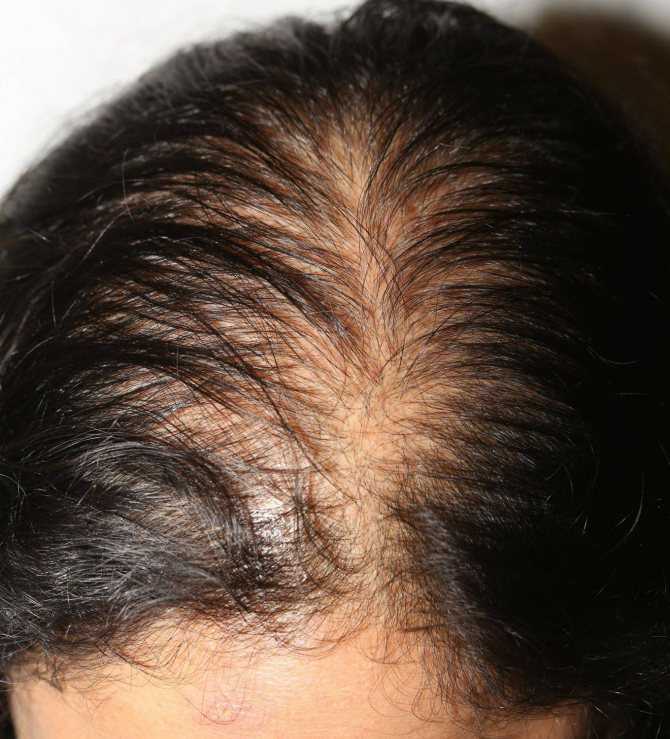
Free consultation
sign up
What causes hair loss? - Nourkrin EN
Different types of hair loss also point to different causes of hair loss. There are many causes of hair loss, some are more obvious than others, and some are easier to treat. Below are some of the most common causes of hair loss.
Stress can disrupt the hair growth cycle, which in turn leads to more hair loss. Acute stress can manifest as sudden hair loss 4 to 16 weeks after a stressful event, such as an illness or accident. Hair loss often occurs after only a few weeks, due to the natural length of the hair growth cycle. Chronic stress is also the cause of a number of hair growth disorders due to the overproduction of certain hormones. In addition, stress has been shown to exacerbate a number of hair loss-related conditions, including genetic hair loss, excessive shedding known as "telogen effluvium", patchy hair loss known as "alopecia areata", and an OCD-related condition, suffering from which people pull out their own hair, known as trichotillomania.
Hormonal imbalances, childbirth and menopause can have a significant impact on hair growth and are often the cause of hair loss. Hormonal changes can disrupt the hair growth cycle, which can manifest as hair loss during menopause or after childbirth. After the birth of a child, 40-50% of women experience hair loss due to hormonal changes, since pregnancy-related hormones prevented hair from falling out during pregnancy, which means that after childbirth there is a disproportionate amount of hair loss at a time. Hormonal imbalances may occur after childbirth or manifest as irregular menstrual cycles, polycystic ovary syndrome, and menopause-related symptoms. Hormonal imbalances can exacerbate genetic conditions that lead to hair loss or excessive hair loss, such as telogen effluvium or puerperal alopecia.
Hair growth can be affected by general health and medications. Hair loss is known to be a symptom of a number of medical conditions, such as diabetes or thyroid disease, however, other factors such as fever, infections, and some autoimmune conditions can lead to telogen effluvium, scarring alopecia, or scarring hair loss.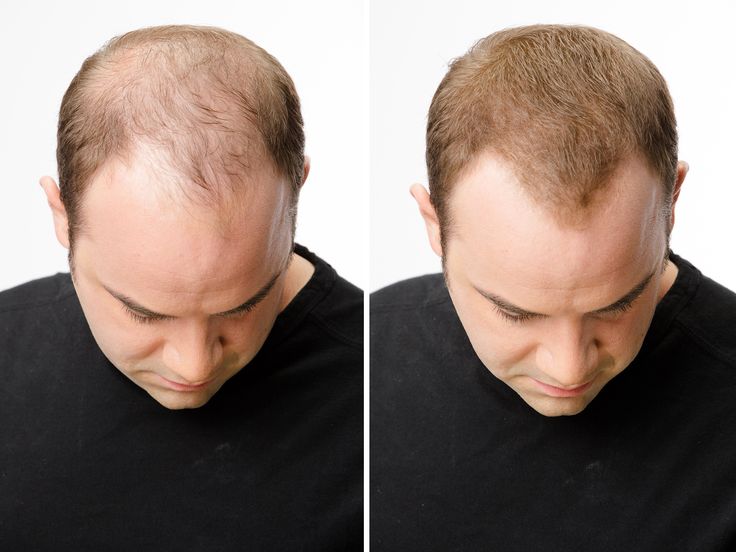 Starting or stopping a course of certain types of medications can also cause hair loss, but these reactions vary from person to person. Medications known to cause hair loss in some people include antidepressants, thyroid medications, oral contraceptives, and chemotherapy.
Starting or stopping a course of certain types of medications can also cause hair loss, but these reactions vary from person to person. Medications known to cause hair loss in some people include antidepressants, thyroid medications, oral contraceptives, and chemotherapy.
Diet, smoking and daily styling also affect hair. A healthy diet is essential to maintaining healthy hair, meaning a diet rich in protein, glucose, and vitamins that play a key role in healthy hair growth. Dieting and rapid weight loss can sometimes harm the hair as the hair is one of the last nutrients in the body, which can manifest as telogen effluvium. Smoking negatively affects blood flow, which in turn affects the hair growth cycle, and daily styling, along with excessive chemical treatments, can cause hair to become brittle and prone to damage.
Another factor to consider when considering the causes of hair loss is genetics. Genetic hair loss occurs in both men and women, but is more common in men.